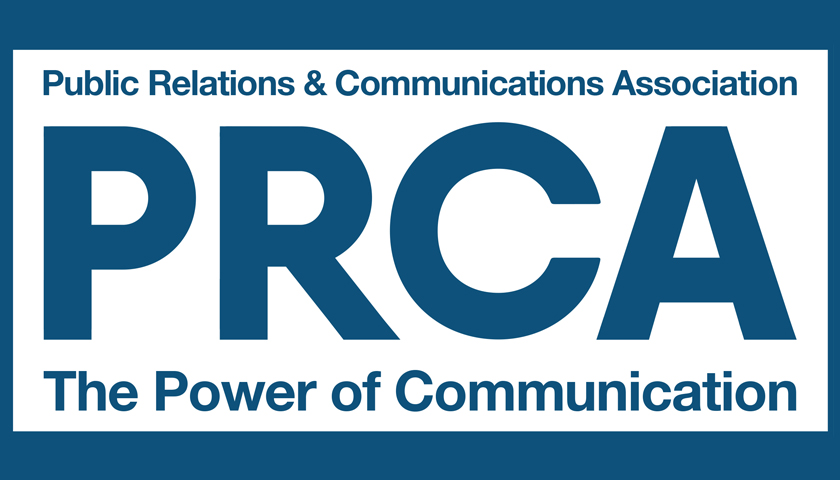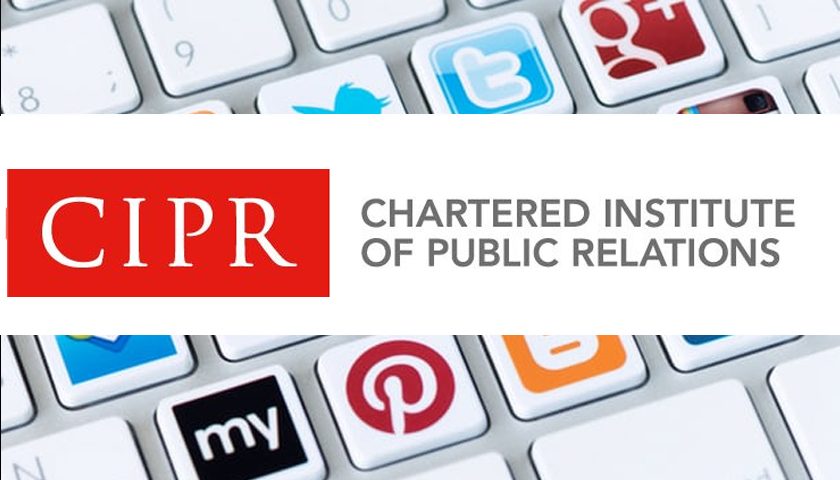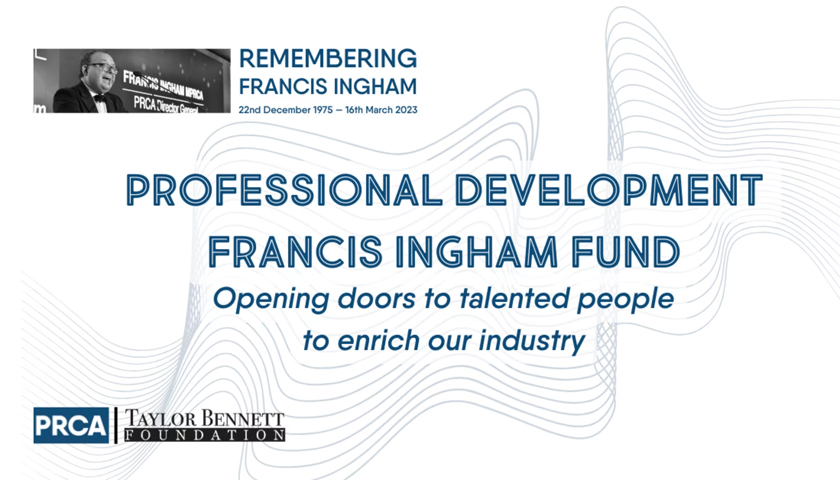BBC Radio 4 broadcast The Art of Public Relations on The Media Show last week, billed as ‘Top PR practitioners reveal the secrets of their trade’, which received criticism from the PR and communications industry. This has lead to comments from various bodies.
Francis Ingham MPRCA, Director General, PRCA, said:
“BBC Radio 4’s show, The Art of Public Relations, was shockingly inaccurate in its representation of the PR and communications industry as we know it today. The fact that the BBC failed to contact the PRCA, the CIPR, or any other valid representative bodies for their insights is bad enough, but to continuously misrepresent PR as publicity is incredibly embarrassing for the broadcaster.
“PR and communications is a £13.8bn UK industry, with 86,000 people working in it, and growing every year. It is a creative industry and a success story in that it continuously draws in new skills to stay credible and relevant. This is why the show was a huge disappointment.”
The PRCA is writing to the BBC to point all of this out, including a copy of the PR and Communications Census, the PRCA Professional Charter and Codes of Conduct, a list of industry contacts who are representative of the PR and communications industry, and a standing invitation to send any BBC staff to PRCA events to see the reality of the industry.
CIPR President Emma Leech Found.Chart.PR, FCIPR also called on broadcasters to better reflect the true nature of public relations, after the show.
The show also describes those working in PR as ‘bullies’ and ‘liars’. “
CIPR President, Emma Leech Found.Chart.PR FCIPR said:
“Public relations is not a dark art. We are not bullies and we are not liars. What we deliver goes far beyond media relations.
The truth is tens of thousands of public relations professionals provide ethical and strategic support to businesses of all sectors. We help build trust in organisations by establishing and improving relationships with key stakeholders – not just journalists. Many aspects of PR such as community engagement, digital communication and internal communication involve no media relations.
It’s wholly unfair and somewhat naive to label an industry of 70,000 people as dishonest. CIPR members are bound by the Institute’s Code of Conduct and adhere to the highest standards of professional practice. Media broadcasters have a responsibility to accurately reflect the reality of modern public relations. We have contacted the show’s producers to offer our help with definitions, research and guests for future shows. “
CIPR members took to Twitter to condemn the show’s narrow interpretation of public relations.
For anyone who listened to The Art of PR episode on @BBCRadio4 The Media Show this week, and would like a real understanding of the art of PR (which isn’t the manipulation and fluffery this episode reinforced stereotypes of) I have some suggested listening:— Lisa Potter (@crystal23tipps) January 5, 2019
I’d be up for taking part and explaining how PR strategies I’ve delivered have led directly to the arrest and conviction of killers, kept people safe from fire & other incidents and helped public bodies like police & fire deliver their essential services to communities #PR #comms— Bridget Aherne (@BridgetAherne) January 5, 2019
In this country, we have 2 main membership organisations: @CIPR_UK and @PRCA_UK; and some eminent academics such as @DrJonWhite @GregsAnne @PRstudies.
Media relations & publicity are tactics. PR is about strategy, leadership and ethics, value and purpose – ask them ??@BBCRadio4— Ella Minty (@EllaMinty) January 5, 2019
The CIPR works to improve perceptions of public relations by driving professional standards and through initiatives such as #PRpays.



